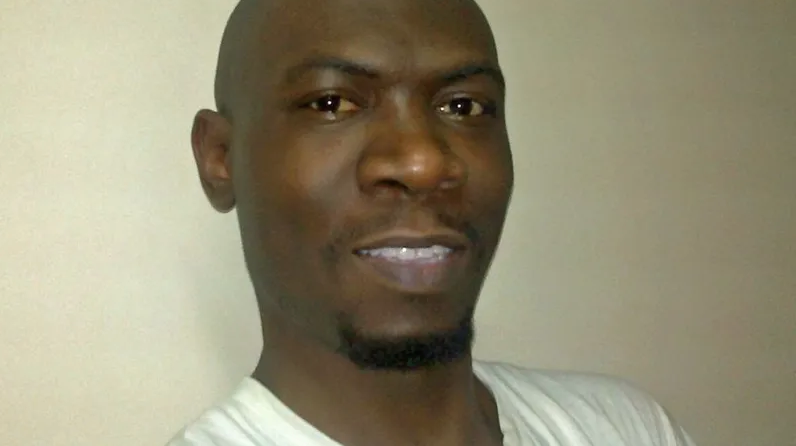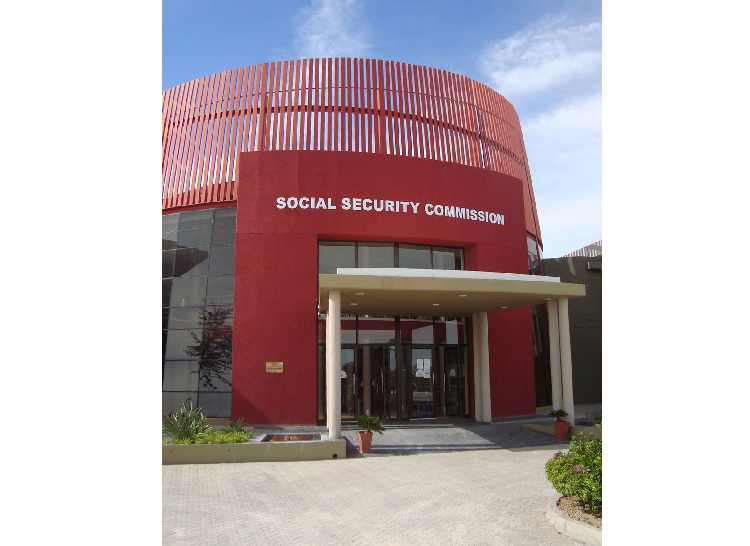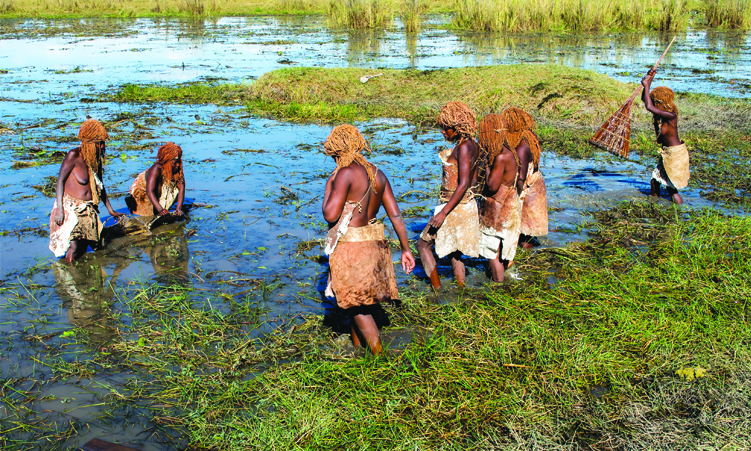• DERRICK MASANGUIT IS BEYOND sad that it has become a regular thing to read about mental health-related deaths in the media.
One cant help but wonder about the root causes of a trend that is too often brushed under the carpet.
The World Health Organisation (WHO) states that mental health is “a state of well-being in which the individual realises his or her own abilities, can cope with the normal stresses of life, can work productively and fruitfully, and is able to make a contribution to his or her community”.
The Namibia National Health Framework of 2010-2020 clearly outlines a plan of action to be undertaken by the ministry of health in order to ensure the full implementation of its mandate, as well as strategic responses aimed at preventing mental health problems through a multi-sectoral effort.
In addition, the policy seeks to promote awareness and advocacy on mental health issues, including training and the deployment of specialised human resources and the strengthening of dedicated referral services for mental health (MHSS, 2010). Given that Namibia has a clear and sound policy on how to respond to this predicament, where are we going wrong?
I think it boils down to implementation. As stakeholders, we are not walking the talk enough. More also needs to be done to ensure that there is sufficient awareness, mainly through education. Furthermore, one might argue that the government has made efforts to make social workers available to Namibians, both through specific institutions and in the public domain. The ministry of health and the ministry of gender equality are the main custodians of this service. However, I strongly feel we need to improve on the issue of professionalism so that people develop a high level of trust in these institutions.
One of the problems may be difficulties in finding counsellors, or people who are willing to listen without compromising their oath as far as confidentiality and ethics are concerned. People may feel if they open up about their issues, their personal business will be spilled “out there”, whether by professionals, friends or colleagues.
THE SHAME GAME
Another factor that may play a role is our African cultural beliefs and norms. During the transition from boyhood to manhood, we are raised to be tough and any deviation from this norm is considered weakness. In other words, we are groomed to “just swallow it, not vomit it”. For example, boys and men are not supposed to cry, or to report that they are being bullied or ridiculed. This is a shame, especially in these IT-based times, where some of these practices are commonplace on social media, for example.
We need a serious paradigm shift when it comes to safeguarding mental health in our society. I also think that we have a sound policy on paper but it needs to be better implemented.
Theres no getting away from the fact that people have to confront challenging situations on a daily basis – social, economic and personal – that can result in depression, stress and anxiety, and feelings of helplessness. It happens in all sectors of our society, from workplace pressure to corporate pressure to peer pressure; at school, at home, and socially. There is also no getting away from the added pressures that the onset of Covid-19 has had on many people.
Believe me, often those smiles you see on the faces of those around you, or the laughter that echoes in institutional and corporate corridors, hide the personal demons and battles people fight internally. They are more widespread than we can imagine.
Its time we make mental health a priority in Namibia. We cannot afford to allow it to become a norm.
* Derrick Masangu is an independent blogger.
Stay informed with The Namibian – your source for credible journalism. Get in-depth reporting and opinions for
only N$85 a month. Invest in journalism, invest in democracy –
Subscribe Now!






